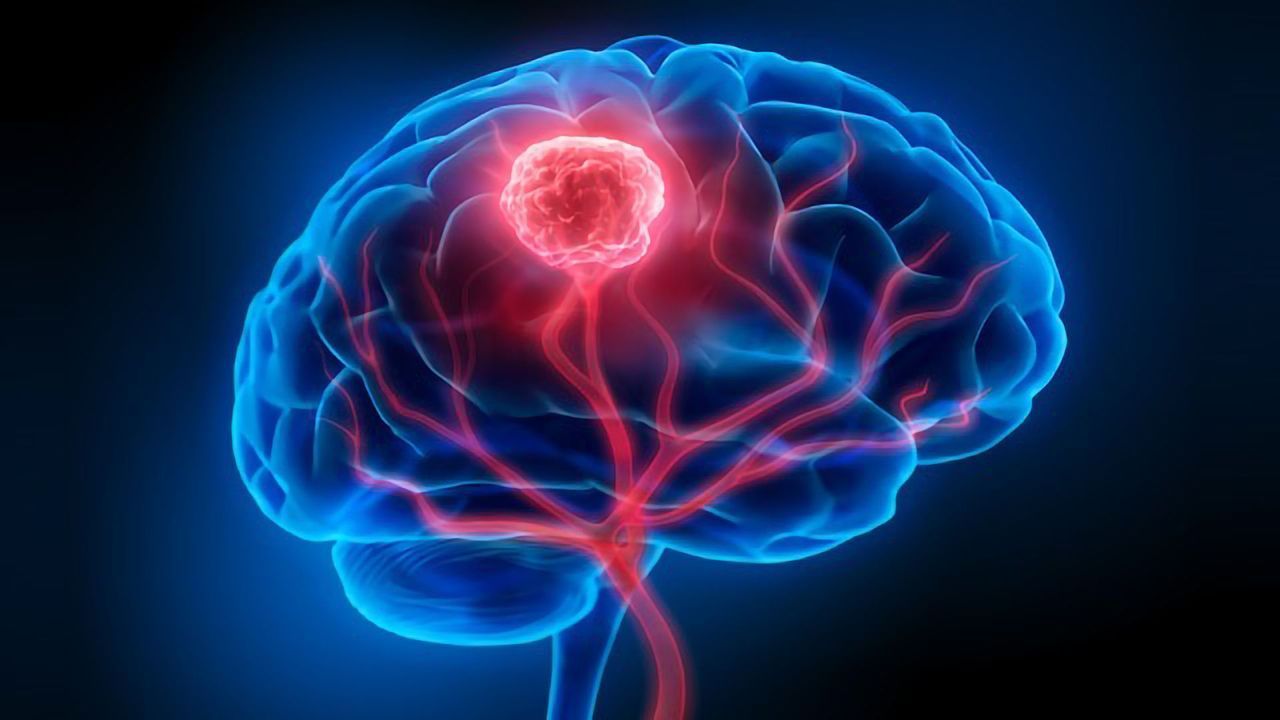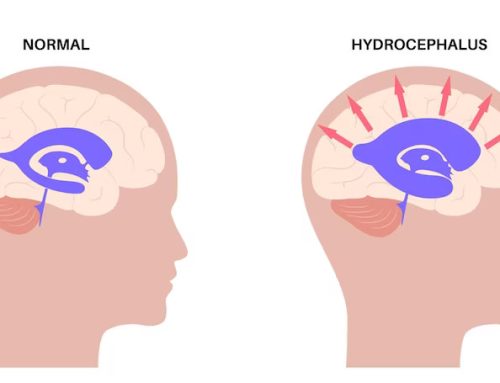The mass or abnormal growth of cells is understood as a brain tumor. It can be classified into two types noncancerous and cancerous. The noncancerous one is known as benign, whereas the cancerous one is known as malignant. Some tumors grow snappily; others are slow-growing.
Tumors that can commence in your brain are known as primary tumors. It is believed that hardly one-third of brain tumors are cancerous, but it doesn’t matter if they’re cancerous or not; they can disorder the brain function if they raise large enough to press on surrounding nerves, blood vessels, and tissue. Cancer that commences in different parts of the body and spreads to your brain as secondary are known as secondary tumors or metastatic tumors.
Types of brain tumor
Benign brain tumors include:
Acoustic neuroma: These are noncancerous as well as slow-growing tumors that form on the vestibular nerve. It is the nerve leading from the brain to the inner ear. Acoustic neuromas are known for vestibular schwannomas.
Gangliocytoma: Gangliocytoma is a rare type of central nervous system tumor made up of matured neurons.
Meningioma: A meningioma is a tumor that forms on membranes that surround the brain and spinal cord exactly inside the skull.
Pineocytoma: These are slow pacing tumors that form in the pineal gland, which lies deep in the brain and secretes the melatonin hormone.
Pituitary adenoma: These tumors occur in the pituitary gland, It is located near the brain’s base. The pituitary gland builds and rules over hormones in the body.
Chordoma: These slow-growing tumors usually commence at the base of the skull as well as in the bottom part of the spine.
Malignant brain tumors include:
Glioma: These tumors arise from glial cells that surround and help nerve cells.
Two-thirds of Malignant primary brain tumors are gliomas.
Types of gliomas include:
- Astrocytoma
- Glioblastoma
- Oligodendroglioma
Medulloblastoma: Medulloblastoma is a rapidly growing tumor that forms at the base of the skull. These are the most common brain tumors found in children.
Symptoms of Brain Tumor
- Tiredness
- Sleep disorder
- Speech difficulties
- Troubling in concentrating.
- Severe Headaches
- Nausea and vomiting.
- Inability to follow simple commands
- Problems in hearing
- Vision difficulties, blurred vision, no vision
- Problems with memory, thinking, or understanding language.
Causes of Brain Tumor
Brain tumors that commence in the brain:
Primary brain tumor develops in the brain itself or in tissues close to the brain, such as the meninges (meninges), cranial nerves, pituitary gland, or pineal gland.
Primary brain tumors occur when normal cells make changes (mutations) in their DNA. A cell’s DNA contains instructions that tell the cell what to do. Mutations instruct cells to grow and divide rapidly and continue to live when healthy cells die. The result is a mass of abnormal cells that form tumors
In adults, primary brain tumors are less common than secondary brain tumors, where cancer begins in different parts of the body and spreads to the brain.
A brain tumor that commences in different parts and spreads to the brain:
Metastatic brain tumors are the tumors that lead from cancer that started elsewhere in your body and then spread (metastasizes) to your brain. Secondary brain tumors are most commonly found in people with a history of cancer. In exceptional cases, a metastatic brain tumor may be the first sign of cancer that has started elsewhere in the body.
All cancers can spread to the brain, but the most common types include:
- Breast cancer
- Colon cancer
- Kidney cancer
- Lung cancer
- Melanoma
Prevention of Brain Tumor
You can not stop the brain tumor from coming. Here are a few ways you can add to your lifestyle to reduce the risk of developing a brain tumor:
- Keep away from insecticides and pesticides
- Keep away from exposure to carcinogenic chemicals
- Keep away from smoking
- Keep away from the consumption of alcohol
- Keep away from unnecessary exposure to radiation
Treatment of Brain Tumor
Treatment options for brain tumors include:
Surgery: If the brain tumor is located at a place that is accessible to the doctor through operation, surgery can be performed to remove as much of the brain tumor that can be safely accessible.
Radiation therapy: In this process, doctors use X-rays to destroy or tumor cells in the brain. Some people do get radiation therapy to shrink the brain tumor before surgery so that the surgeon can remove less tissue.
Laser thermal ablation: In this process, doctors use lasers to heat and destroy tumor cells.
Watchful waiting/active surveillance: In this process, Doctors closely watch for signs of tumor growth with regular examinations after a particular period but do nothing else.
Immunotherapy: Immunotherapy is also known as biological therapy; this treatment uses the body’s immune system to fight cancer. It boosts up the immune system to produce extra disease-fighting immune cells.
There’s nothing to worry about if a brain tumor is located in any part of the body; it can be operated on through surgery. We have the best doctors at our place who’re specialists in operating brain tumors. It can be a primary brain tumor or a secondary brain tumor.






Leave A Comment